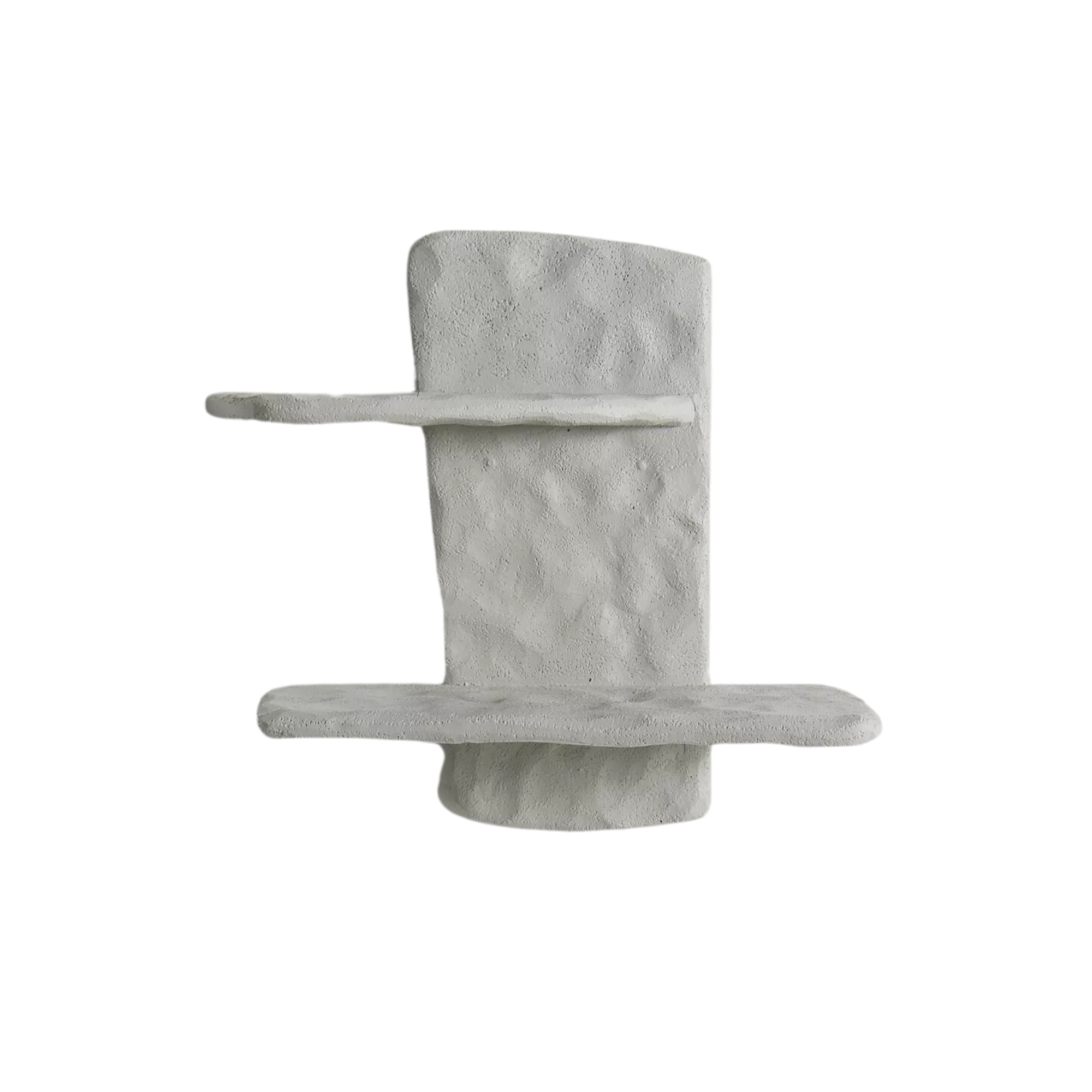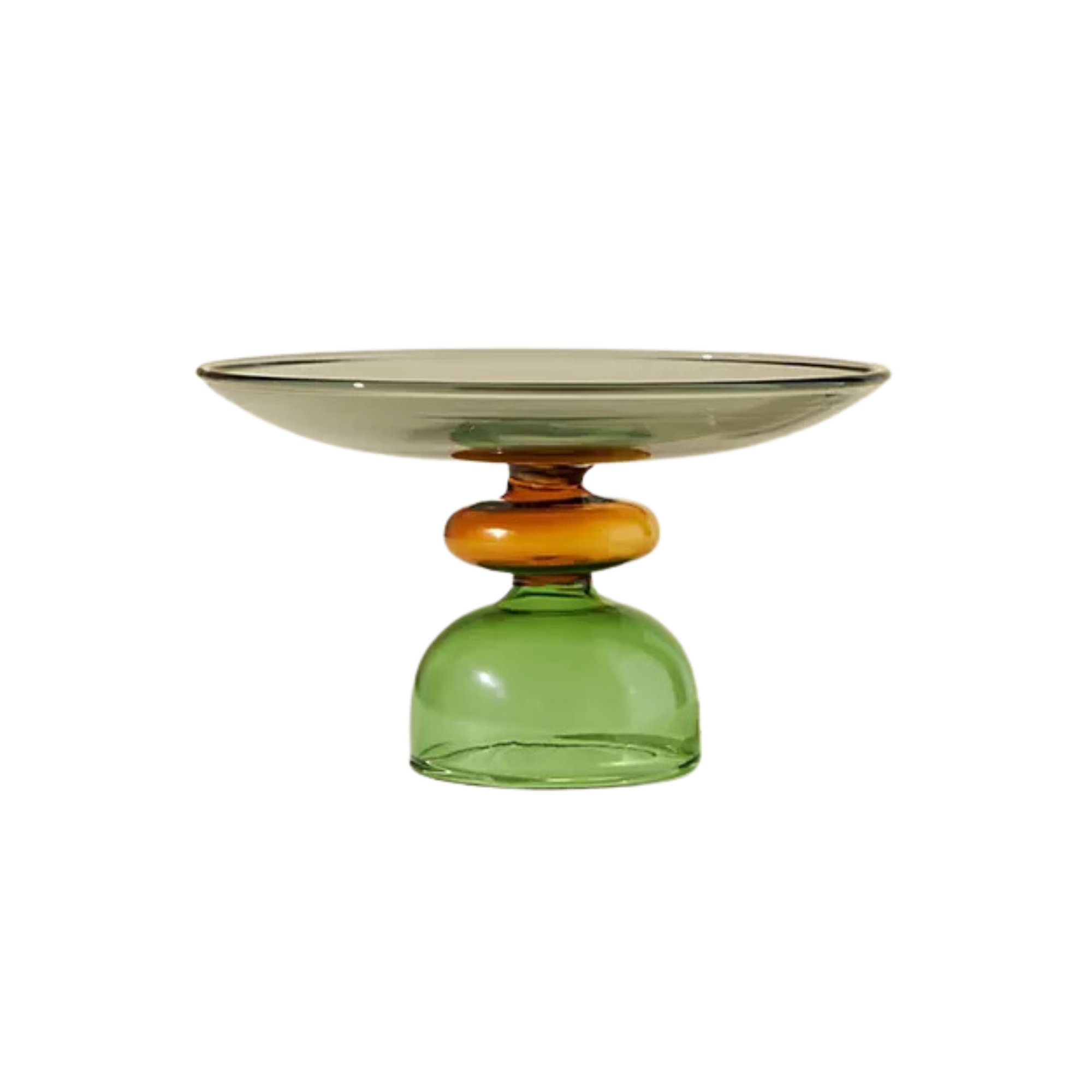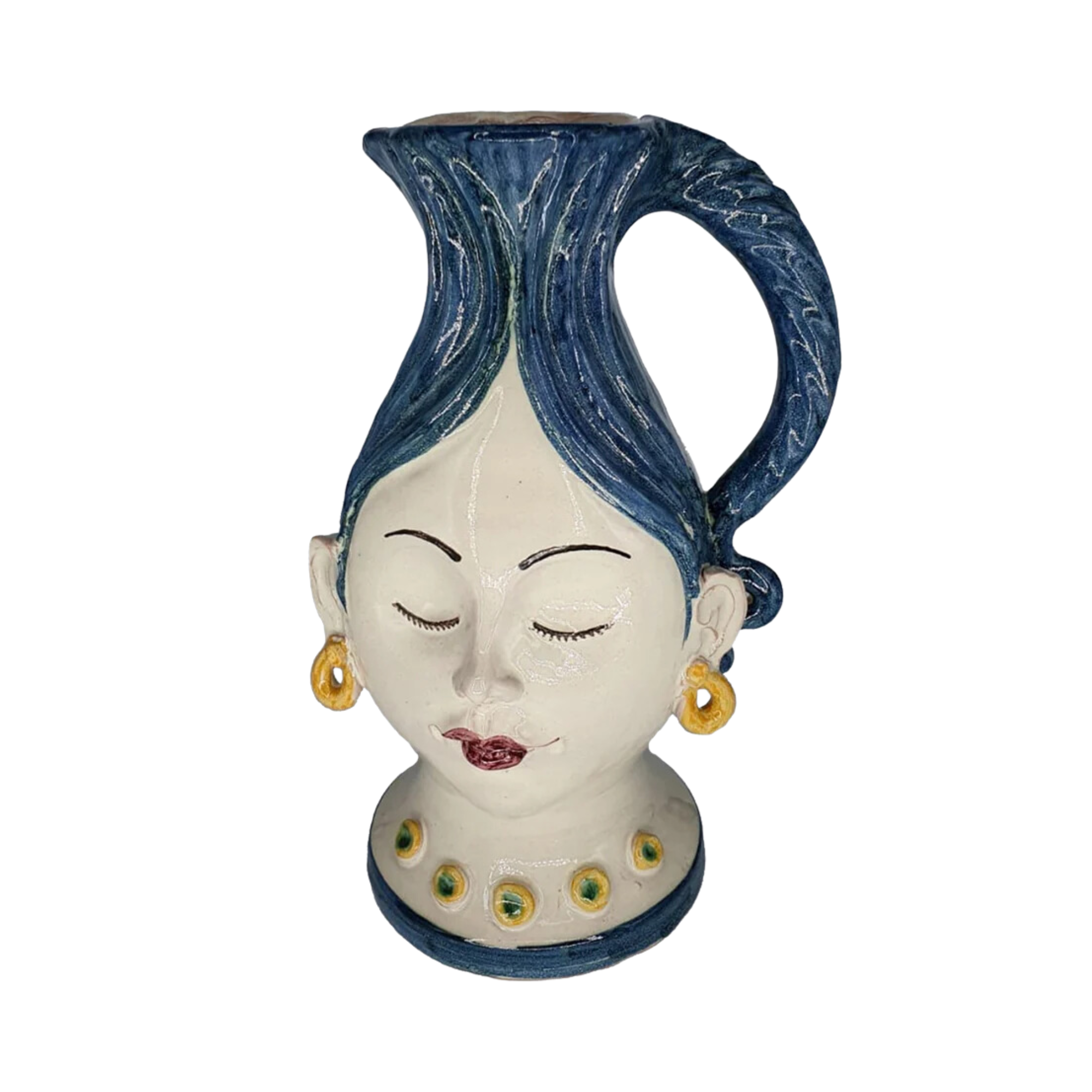'Recluttering' is all About Changing our Relationship With Clutter - Here's How It Helped me Banish my Guilt
The new trend takes an unconventional view on clutter, but it could help you cultivate a healthier relationship with the stuff you own

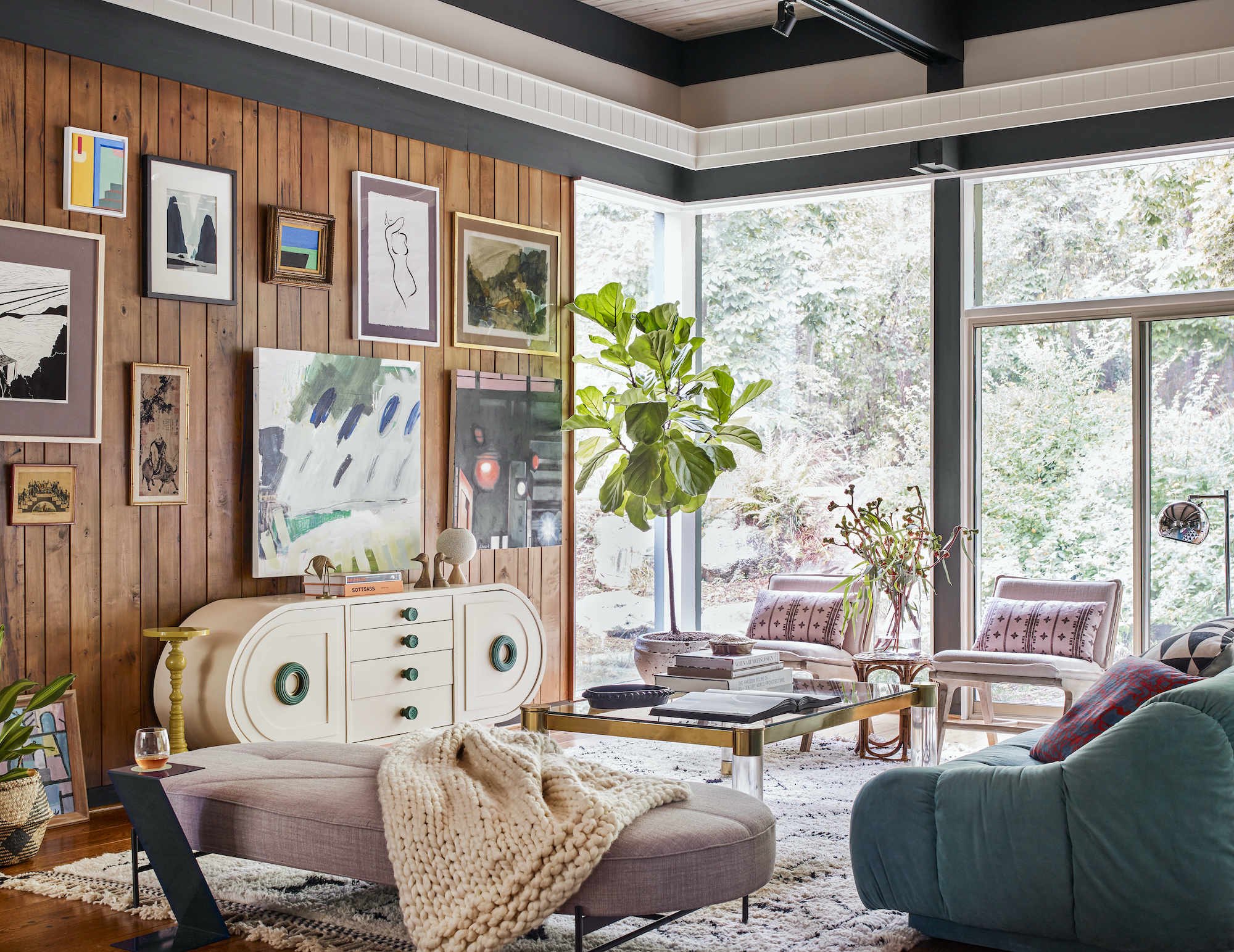
I'm a self-confessed old sentimental. I can't part with family heirlooms, even if I don't keep them on display, I keep unwanted gifts because it makes me sad to discard something someone thought I'd like, and I even keep receipts that remind me of special days. In short, I'm a professional declutterer's worst nightmare.
All of these items contribute to visual clutter in my home, and as someone who takes pride in their space, I'm fighting a constant battle against my own stuff. Owning so many things fills me with guilt, especially when someone comments on the irrationalness of it all - and yet, the post-declutterer's guilt after parting with items I felt attached to is also very real.
If any of this sounds familiar, rather than blindly start decluttering, you might want to know about this new decluttering trend. It's known as 'recluttering', and it's all about changing our view towards 'clutter' and cultivating a more conscious relationship with the stuff we own. Essentially, it’s about embracing the fact that our stuff has a big role to play in making us feel at home and, while it may sound counterintuitive (and has proved controversial among decluttering experts), adopting this mindset helped me banish those guilty feelings once and for all. Here's how.
What is the recluttering trend?
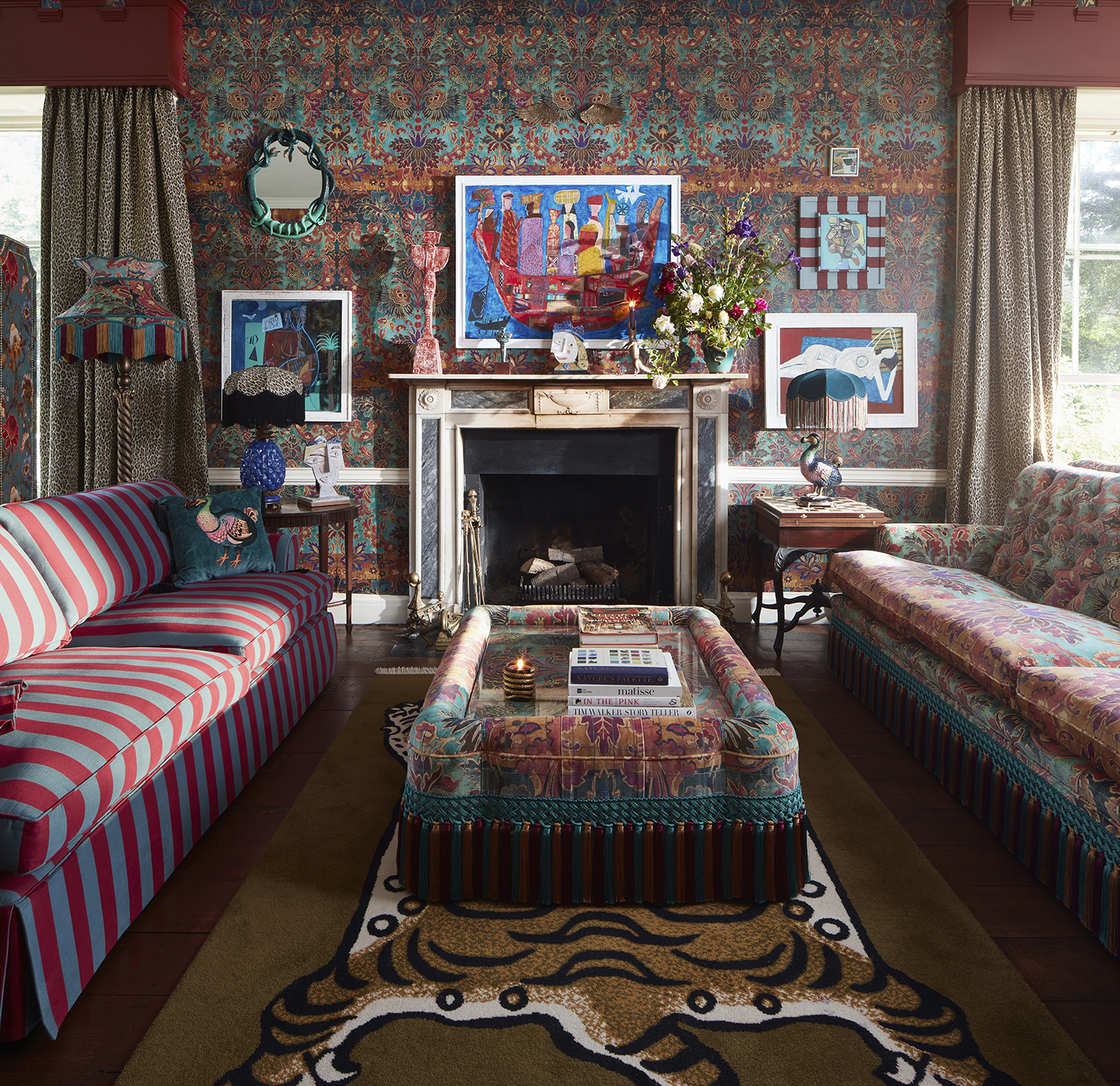
No one can deny that decluttering is hard. Even if you're a committed minimalist interior design advocate, there will still be things you struggle to let go of along the way. The recluttering trend is all about changing the negative outlook on clutter that many of us have adopted by intentionally reintroducing items to our living spaces instead, and it comes as a direct response to the minimalism movement that's reigned supreme in recent years.
Instead of looking at recluttering as a free pass to keep whatever you want, it's more about celebrating the stuff you want to keep instead of allowing yourself to feel bad for keeping it in the first place. The question is, what do the experts think of this unconventional 'de'cluttering tip?
'To begin with, I believe that decluttering is not for everyone and no one should think that they should if they don't want to,' says Melissa Gugni, a California-based decluttering expert. 'Are you feeling overwhelmed by your things? Can't find anything or keep rebuying things since you can't find them? Is the amount of clutter causing issues in relationships? If so, decluttering may be a powerful way to help, but getting rid of things that you love and treasure is not decluttering.'
While she doesn't always agree with organizing consultant Marie Kondo's ethos, there's one tenet Melissa does agree with. 'I think her "keep things that spark joy" rule is an idea worth considering, and what sparks joy is in the eye of the beholder,' she says.
The Livingetc newsletters are your inside source for what’s shaping interiors now - and what’s next. Discover trend forecasts, smart style ideas, and curated shopping inspiration that brings design to life. Subscribe today and stay ahead of the curve.
Recluttering is also about appreciating the things we own, rather than simply looking to get rid of stuff in a desperate bid to somehow live better. 'In this, it’s important to
understand that clutter doesn’t necessarily equate to mess or disorganization -rather, it tells us that our space is not a showroom but a reflection of who we are' notes Kerry Sherin, a consumer advocate at Ownerly. 'Clutter can add character and texture to a space, creating a sense of visual interest that can be calming and
inspiring—perfect attributes for your home to have.'
How to apply the recluttering trend
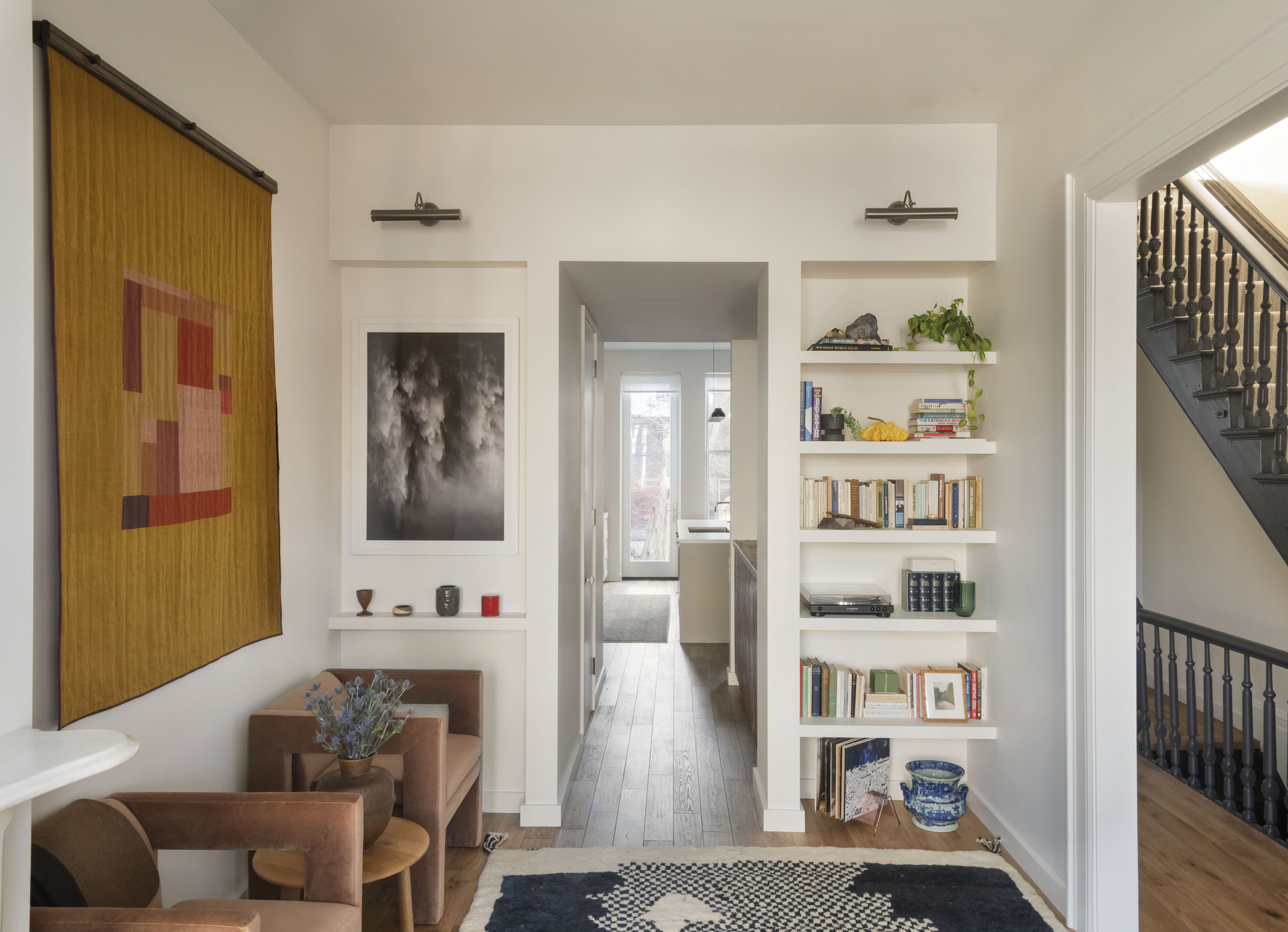
As mentioned, recluttering shouldn't be seen as a 'free pass' to keep everything you want. Hoarding things unnecessarily can be a really unhealthy habit. To apply this ethos to your home, there are some guiding principles to keep in mind when it comes to what to keep in your space.
Curate with purpose
The stuff you keep in your space should always be purposeful. Cultivating a curated home full of personal items that make you smile is about assessing everything you have, and finding a designated spot to celebrate your individual items, collectively. An eclectic style is one of the best ways to make your home feel characterful so it's a true projection of your personality.
Rather than hide things that don't make you feel good inside a drawer, find a way to display them and honor them in your home. 'The key here is to always curate with purpose. Each item should have a purpose or a story,' says Kerry. 'This is the perfect time to bring out those little trinkets from your attic! Also, organize ruthlessly—just because we're keeping our things doesn't mean we let them overrun our living spaces. You should also always remember to consider a space’s color and layout. A home that’s full of keepsakes, artwork, and color doesn’t have to feel overly busy.'
In my case, I'm a sucker for a trinket. I rarely leave a homeware store without a new bowl or knick-knack to style my home with. Rather than look at these decorative items as visual clutter, however, I find ways to proudly display them or put them to use (small bowls for jewelry, for example).
Strike a balance
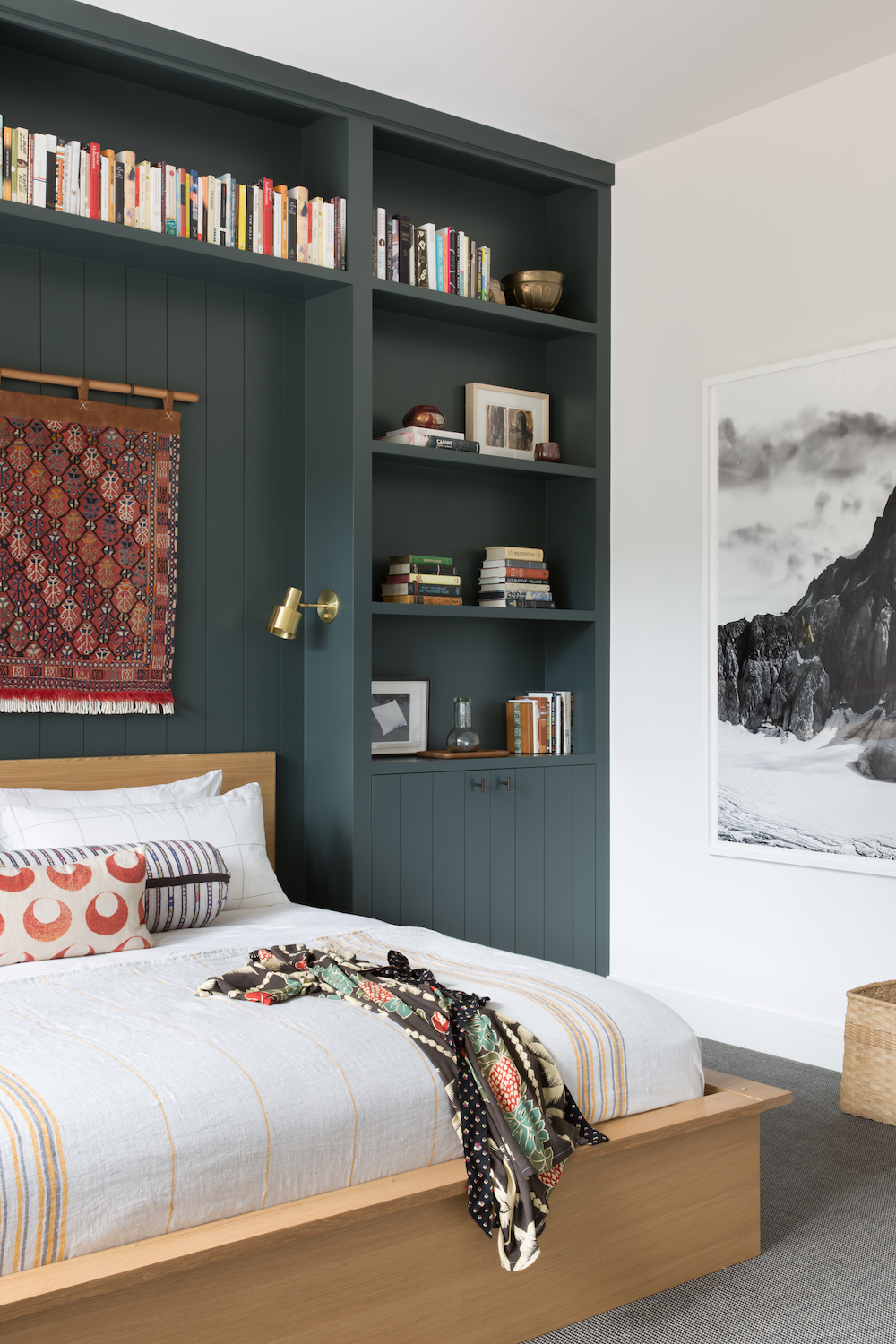
As Kerry notes, the beauty of this idea is that it's highly versatile and highly customizable. 'With other trends, there are so many items on your checklist to accurately reflect that given style but with recluttering, it focuses more on the organization of various items that hold meaning to you,' she says. 'Cluttered spaces can also provide an opportunity for exploration and experimentation, encouraging us to try new things and engage with the world around us.'
That being said, decluttering stuff that doesn't bring you joy or hold any value is still important. Anything that's broken beyond repair, outgrown, or unloved should find a new home or be recycled. 'Kind' decluttering techniques such as the six month rule are great for helping you decide if you really need an item you've been deliberating over by setting a timer in which to use it before finally letting it go.
Approach clutter with kindness
On that note, it's important to always be kind to yourself. The guilt I felt was a product of society's standard of what contributes clutter. Things you love and hold dear aren't actually clutter at all unless you assign them that label, and falling on the side of maximalism over minimalism is no bad thing.
Now, the things I once saw as 'junk' I can appreciate for being the prized possessions they are - all I need to do is think a bit more consciously about why I want to keep them and how they should be celebrated. Whether that's adding my receipts to a scrapbook or using the antique family heirlooms to style the guest bedroom so I don't have to see them, recluttering has helped me change my relationship with my stuff for the better.

Lilith Hudson is a freelance writer and regular contributor to Livingetc. She holds an MA in Magazine Journalism from City, University of London, and has written for various titles including Homes & Gardens, House Beautiful, Advnture, the Saturday Times Magazine, Evening Standard, DJ Mag, Metro, and The Simple Things Magazine.
Prior to going freelance, Lilith was the News and Trends Editor at Livingetc. It was a role that helped her develop a keen eye for spotting all the latest micro-trends, interior hacks, and viral decor must-haves you need in your home. With a constant ear to the ground on the design scene, she's ahead of the curve when it comes to the latest color that's sweeping interiors or the hot new style to decorate our homes.
